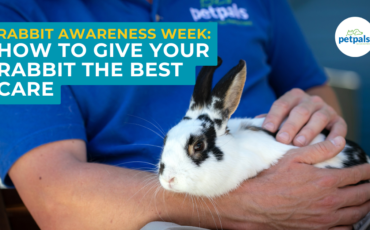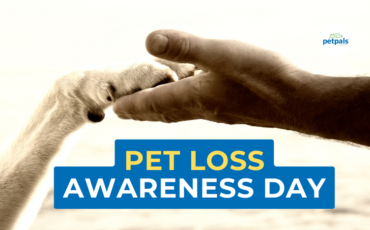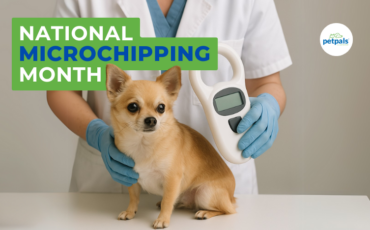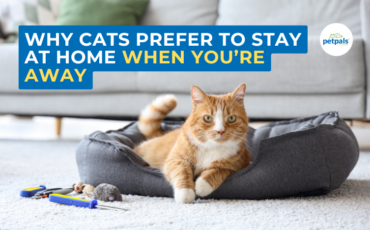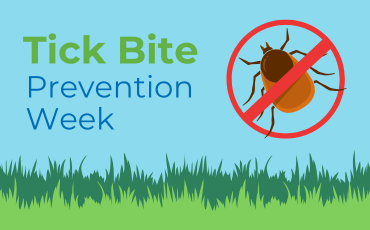Signs your Cats are getting Older
10th March 2021
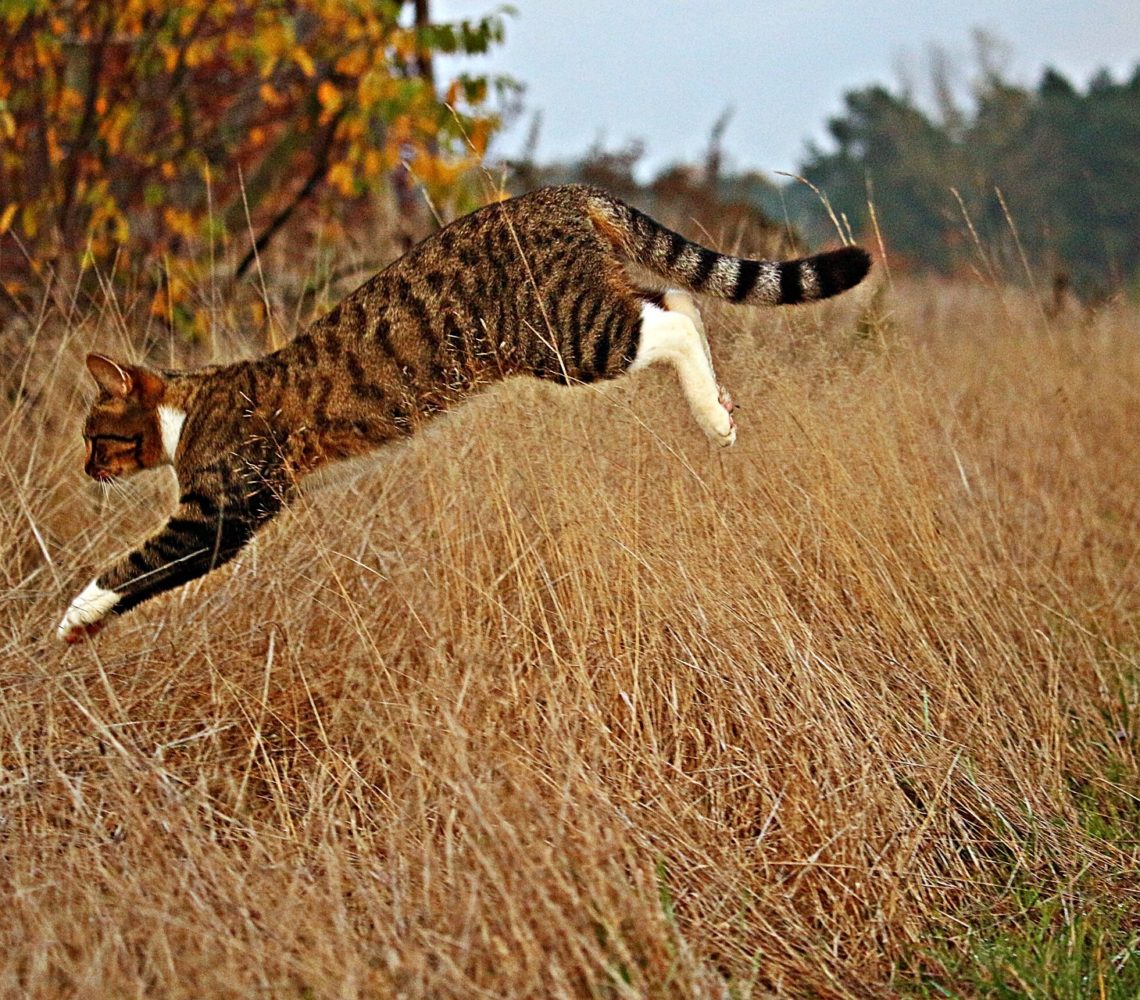
Stiff joints, aching limbs, crows feet, old age comes to us all but how do we know what to look out for when our beloved feline friends start to enter old age and what can we do to help them?
As cats age they sometimes suffer something called feline Cognitive Dysfunction. It can affect memory, ability to learn, awareness of surroundings, sight and hearing leading to sleep disturbance, disorientation, and inactivity. They may forget things that were familiar such as where the litter trays or food bowls are. Anxiety can increase along with a tendency for irritability towards owner and other pets.
Things to look for:
• Soiling outside the litter tray or in sleeping places, grass eating
• Seem not to recognise familiar people or other pets.
• Getting lost in familiar places.
• Staring into space or wandering aimlessly
• Sleeping more during the day and less at night
• Lack of grooming
• Less interest in petting alternatively becoming clingy or needing constant attention.
• Less active, eating less (or more), restless, becoming more vocal particularly at night (and at increased volume – possibly associated with hearing loss)
Not all changes in behaviour are due to Cognitive Dysfunction, it could be due to a medical issue such as arthritis, a urinary or thyroid problem or toothache, so always seek veterinary advice. If a medical condition is ruled out there are some things you can do to help your cat.
• Provide more litter trays. Open with low sides are best rather than enclosed ones. Locate them in places the cat has been using and keep originals where they were.
• Disorientation is often the first sign that something is not quite right and can be reduced my ensuring routines are kept regular. For example, don’t change the food or litter type or locations. It can sometimes help to confine the cat to just downstairs or even one room to make it easier to navigate.
• If overnight restlessness becomes a problem try engaging in more activity, play or petting during the day and evening so they are more tired and likely to sleep during the night. Night-time anxiety in older cats is a common problem.
• Older cats can meow excessively for several reasons: disorientation (waking up at night and not knowing where they are), deafness or joint pain.
• Consider pheromone spray or diffuser to help reduce anxiety (after seeking veterinary advice)
Further information can be found on the following sites, always consult your vet if you have any serious concerns about your pets health.
https://www.cats.org.uk/help-and-advice/health/elderly-cats
https://www.royalcanin.com/uk/cats/health-and-wellbeing/how-old-age-affects-cats
https://www.purina.co.uk/cats/key-life-stages/ageing
